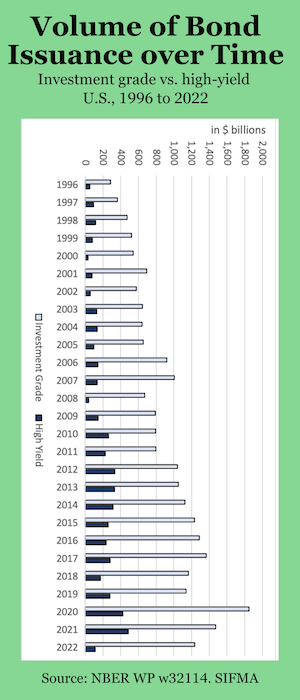The government’s “interest-free” loan loophole may soon be officially closed.
The Social Security Administration published new rules this week that limit the ability of Social Security recipients to essentially receive interest-free loans from the agency. The rules took effect immediately.
Under the old policy, people who could take their Social Security benefits early, then later withdraw their application for benefits, as long as they repaid the full amount of the benefits received, with no interest charged on the money. They could then also reapply for benefits later on and receive higher benefits.
While this policy was intended to help those who decided to take an early retirement and then went back to work, it ended up becoming a way to get a free loan from the government. People would apply for Social Security benefits, put that money in investments and earn interest and then withdraw their application, paying the government back just the benefit amount.
Now, the new rule limits the time period that beneficiaries can withdraw an application to within 12 months of the first month of entitlement. It also permits only one application withdrawal per lifetime.
“The agency is changing its withdrawal policy because recent media articles have promoted the use of the current policy as a means for retired beneficiaries to acquire an ‘interest-free loan,’” according to the agency. “The 12-month limitation period is a financial disincentive,” the new rules said. “There is little to be gained by investing benefits for only 12 months.”
The statement, and the rules, also noted that the “free loan” was not really free since it “costs the Social Security Trust Fund the use of money during the period the beneficiary is receiving benefits” and the withdrawal processing also involved the use of the agency’s limited administrative resources.
While the new rules are effective immediately, there is a 60-day public comment period. The agency said it would consider comments and publish another final rule.
© 2010 RIJ Publishing LLC. All rights reserved.


